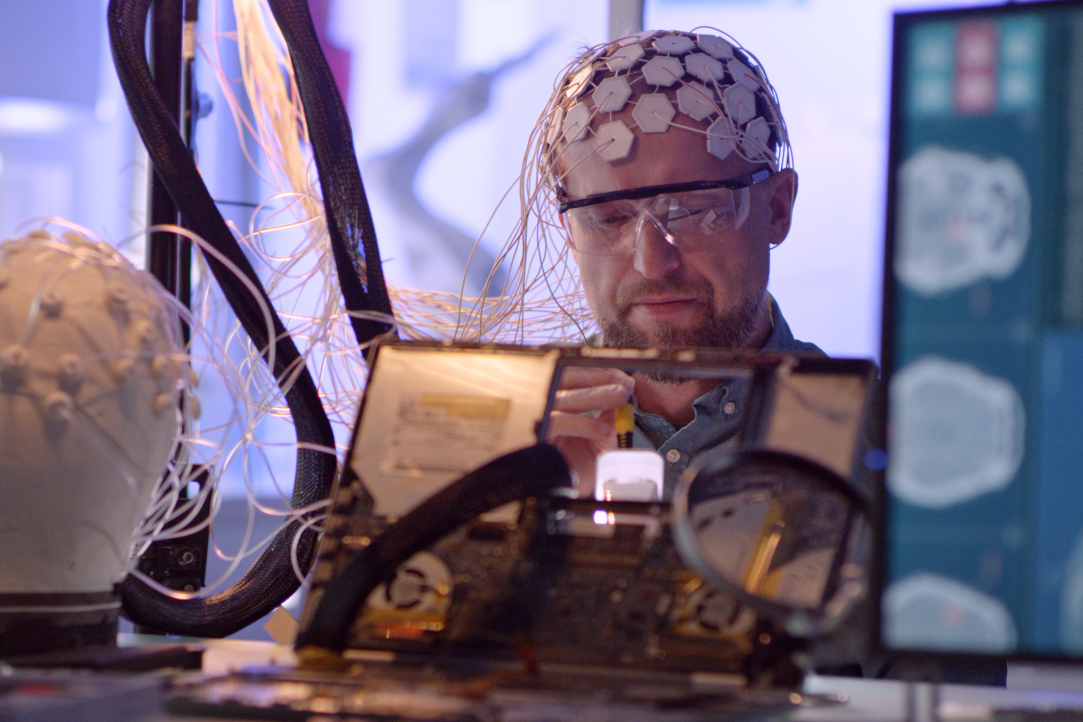
Early-Career HSE Researchers to Attend Neuroscience School
Two of the winners, Konstantin Sorokin, doctoral student and visiting lecturer of the HSE Faculty of Computer Science and research assistant at the HSE International Laboratory of Algebraic Topology and its Applications, and Daria Kleeva, doctoral student of the HSE Faculty of Social Sciences and research assistant at the HSE Institute of Cognitive Neuroscience Centre for Bioelectric Interfaces, spoke to the HSE News Service about why attending the School matters so much for them.
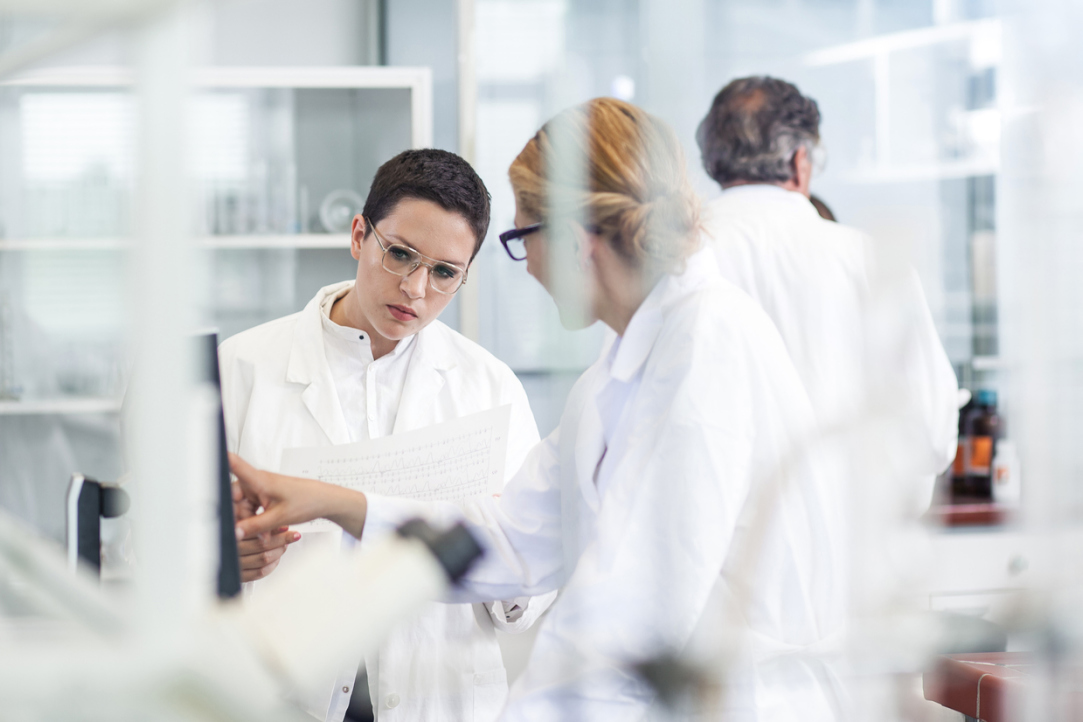
HSE University Announces Results of Mirror Labs 2022 Competition
The Mirror Labs research project competition is aimed at HSE University departments that are planning to conduct joint studies with other Russian universities and research centres. The competition is now in its third year. A total of 19 academic organisations from 14 regions of Russia submitted applications as partners of HSE University, including 9 organisations participating for the first time.
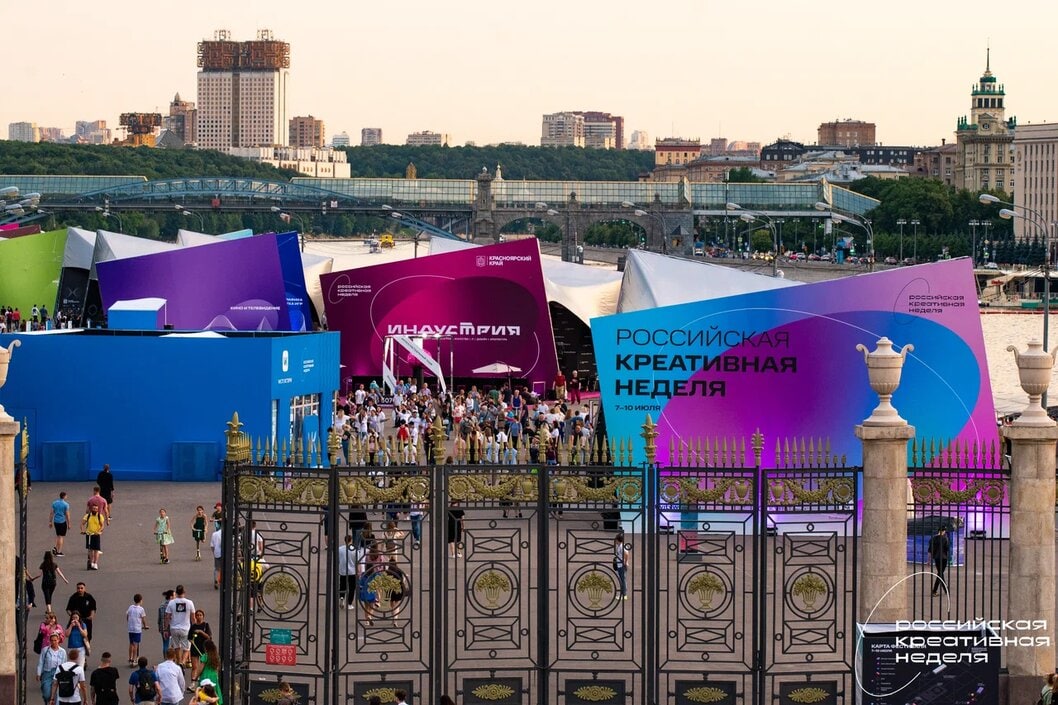
‘Everything is Becoming Media’: HSE University Experts Speak at Russian Creative Week
On July 7–10, Gorky Park hosted Russian Creative Week, a major event in the sector of economics linked to intellectual activity. Participants and guests of the event discussed the main tasks and issues in developing a strategy for a national creative product, and experts from HSE University presented effective models for work and life in the new economic reality.

How Bilingual Brains Work: Cross-language Interplay and an Integrated Lexicon
An international team of researchers led by scientists from the HSE University have examined the interplay of languages in the brains of bilinguals. Using EEG data of Russian-English bilinguals, the authors were the first to demonstrate nearly instant and automatic detection of semantic similarity between words belonging to their two languages, suggesting the existence of an integrated bilingual lexicon in which words are activated in parallel in both languages. The study findings are published in Cortex.
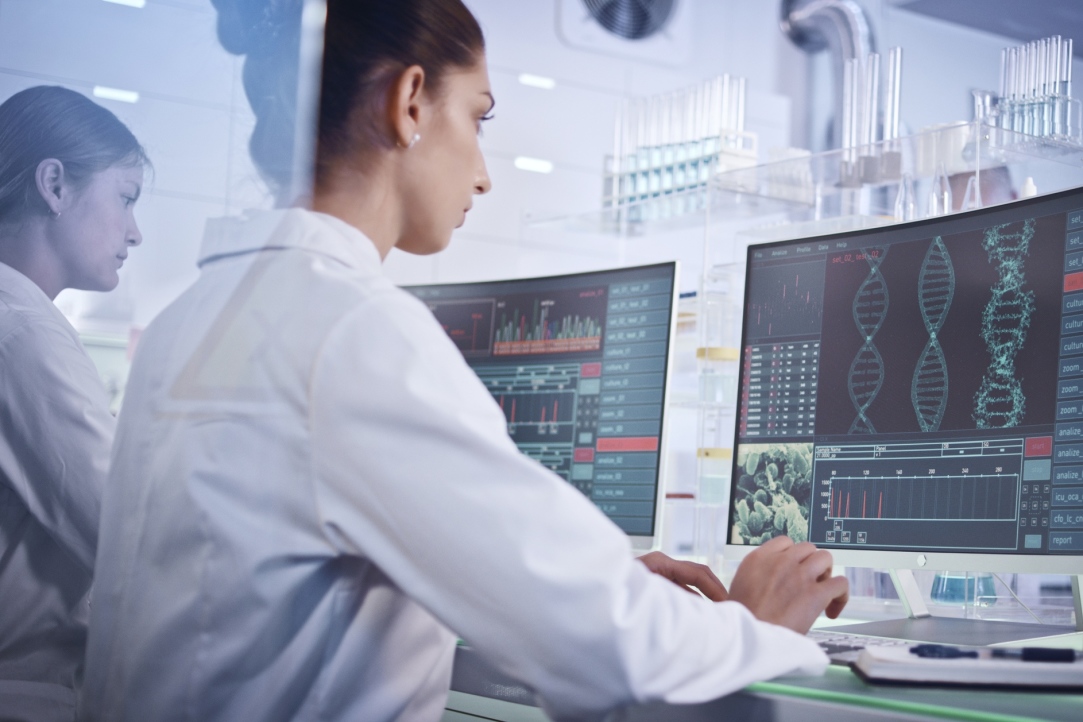
Scientists Propose New Way to Fight Cancer
An international collaboration of scientists, including researchers from the International Laboratory of Bioinformatics of the HSE Faculty of Computer Science, have discovered a promising new approach to killing hard-to-treat melanoma. The team has found that an alternative form of the DNA molecule can induce an immune response in tumours—similar to the body's response to a virus— that causes the death of cells that support tumour growth. As a result, the patient becomes more responsive to cancer therapy. The results of the study have been published in Nature.

It’s Easier to Forgive When You Are Under Chronic Stress
Russian researchers have studied the correlation between personality authenticity (the ability to be oneself) and the ability to forgive under different levels of stress. They found that people experiencing chronic stress are more inclined to forgive, while people affected by everyday stress are less inclined to do so. The ability to forgive promotes authenticity. The results of the study, which have been published in the journal Clinical Psychology and Special Education, can be used in life coaching programmes.

No Head in the Clouds: Survey Results Refute Stereotypes of Young People
In the run-up to Youth Day, IQ.HSE studied the results of an all-Russian survey by the Centre for Studies of Civil Society and the Nonprofit Sector. Sociologists studied the role of young people in charity and volunteering. What do they sacrifice for the sake of their neighbours — and are they prepared to do it in general? For those who think that young people have their heads in the clouds, the answers will be unexpected.

From Covid-19 to Risk Appetite: How HSE University’s Supercomputer Helps Researchers
Whether researching how the human brain works, identifying the source of COVID-19, running complex calculations or testing scientific hypotheses, supercomputers can help us solve the most complex tasks. One of the most powerful supercomputers in the CIS is cHARISMa, which is now in its third year of operation at HSE University. Pavel Kostenetskiy, Head of the HSE University Supercomputer Modeling Unit, talks about how the supercomputer works and what kind of projects it works on.

HSE University Researchers Propose Algorithm to Determine Preferences of Smartphone Users
Mathematicians from HSE University in Nizhny Novgorod have developed a new way to predict the preferences of mobile device users. The method, which is 2–12% more accurate than known analogues, is based on simultaneous recognition of objects, faces and scenes in a smartphone’s photo gallery and on a remote server. The algorithm can be used to personalise services and offer recommendations tailored to a particular person. The article was published in the Pattern Recognition journal.
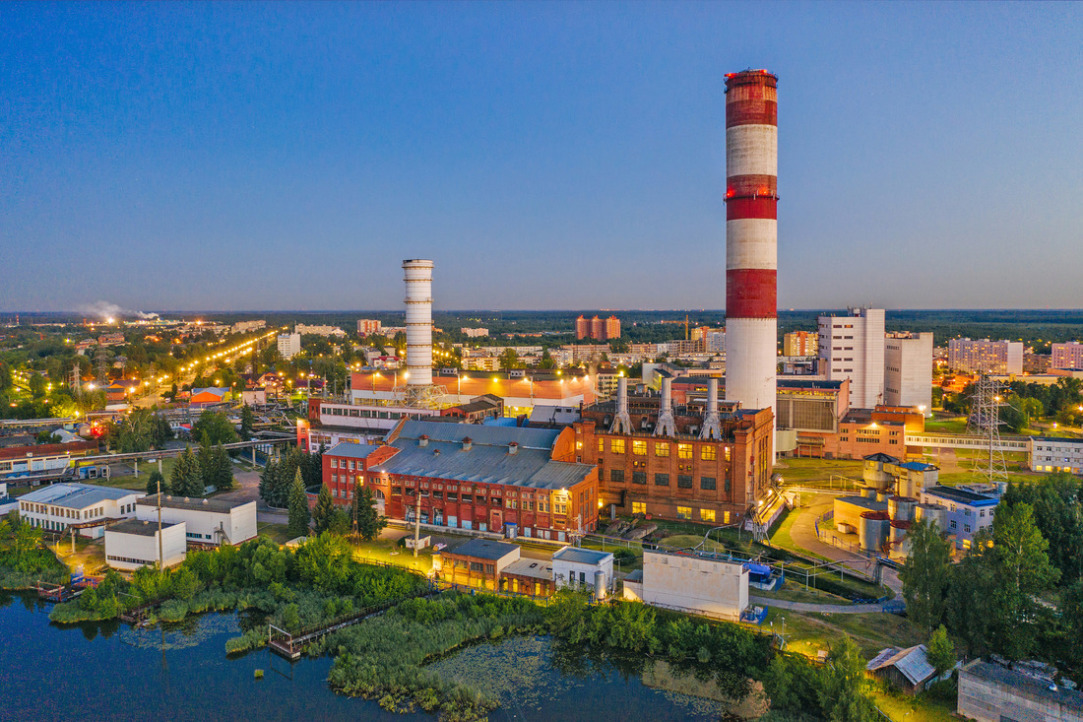
HSE University Researcher Discovers an Unknown Building by a German Architect in Moscow Region
Rational architecture, a focus on functionality, and a cutback on ornamentation—these factors made the Electroperedacha power station an important early-20th-century achievement in the development of architecture, urban development, and the power industry. The architect of the building turned out to be Hermann Muthesius, a renowned German public figure and one of the founders of the Deutscher Werkbund. The authorship of the building was determined by a researcher from HSE University using original blueprints from the archive of the Mosenergo power supply company. The results of the study were published in Articult.


Submission Deadline: December 20, 2025